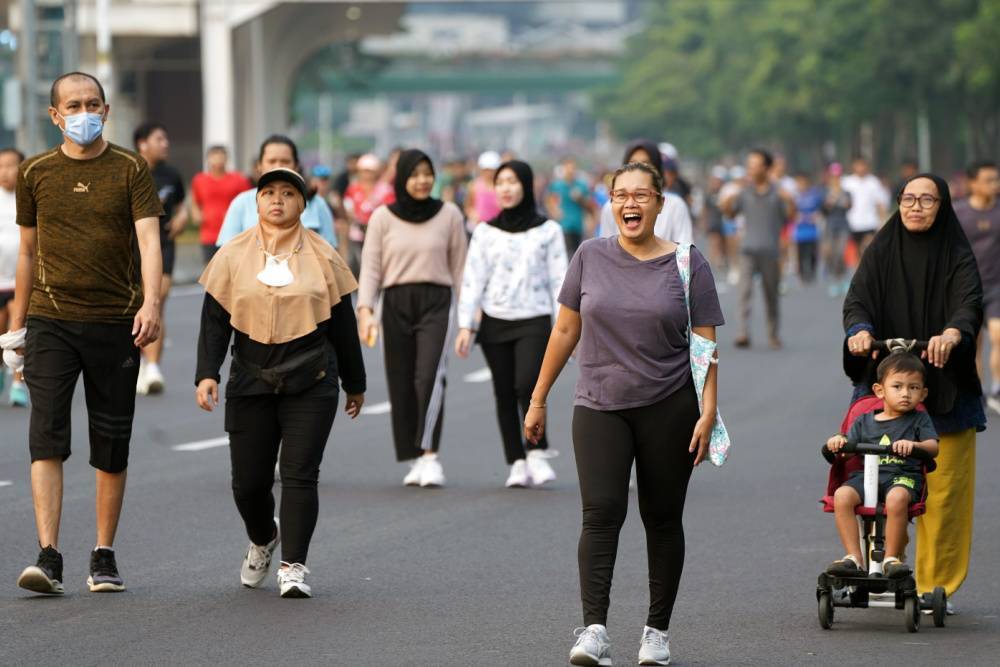Recent data from the Jakarta Health Agency revealed an uptick in Acute Respiratory Infections (ISPA) post-pandemic cases.
The agency reported approximately 146,000 ISPA cases monthly this year. Interestingly, while this is higher than the pandemic period, it’s still consistent with the numbers from 2018 and 2019.
Comparing Past and Present
The statistics prompt some vital questions. Why is the rise not perceived as drastic when compared to pre-pandemic figures? Ani Ruspitawati, the acting chief of the Jakarta Health Agency, offered some clarity. “The trend in 2023 for diseases related to unhealthy air quality, including ISPA, pneumonia, and asthma, isn’t vastly different from the pre-pandemic era,” she explained.
What is ISPA?
ISPA is “Infeksi Saluran Pernapasan Akut” in Indonesian, translating to Acute Respiratory Infections (ARI) in English. It refers to infections that affect the respiratory tract and can be caused by various pathogens, including bacteria, viruses, and other microorganisms. ISPA can range from mild conditions like the common cold to more severe diseases like pneumonia. Given the environmental conditions and other factors, it’s a prevalent health issue in many parts of Indonesia.
Weather’s Role in Respiratory Health
A fluctuating trend in ISPA cases might be expected due to varying weather conditions. Typically, these numbers spike early in the year. However, Ruspitawati pointed out an anomaly for 2023. “We haven’t seen a decline as expected, which might be due to the extended dry season this year,” she remarked.
Climate Change: A Silent Player?
It’s not just about short-term weather patterns. The broader issue of climate change must be addressed. “Climate change modifies disease patterns,” Ruspitawati observed. Yet, despite these environmental shifts, the Jakarta Health Agency is vigilant. They continue to monitor numbers, which, reassuringly, do not indicate a significant surge.
Taking it Forward
The medical perspective suggests that while there’s an increase post-pandemic, the numbers are still on par with previous years. It’s essential, then, to continue observing and understanding these trends in the context of both short-term weather fluctuations and long-term climate change.
Individual Measures
To combat the spread of these infections, individuals can consider these measures.
- Masks: Encourage or mandate the use of shows, especially in crowded places or during high transmission periods.
- Hand Hygiene: Promote the regular washing of hands with soap and water or using hand sanitisers when soap isn’t available.
- Balanced Diet: Adopt a balanced diet rich in fruits, vegetables, and proteins to boost the immune system.
- Vitamin Supplements: Consider vitamin supplementation, particularly for vitamins that support immune function, like Vitamin C and D.
Conclusion
With its vast population and diverse environmental factors, Asia offers a unique vantage point for understanding health patterns. Jakarta’s experience is just one piece of this larger puzzle. While post-pandemic numbers might initially sound alarming, a deeper dive reveals a more nuanced picture. Air quality, while an essential factor, isn’t the only variable at play. As we move forward, continuous monitoring and adapting to ever-changing environmental factors become paramount for the health and well-being of its citizens.

